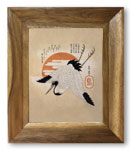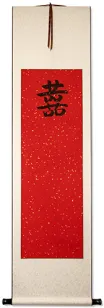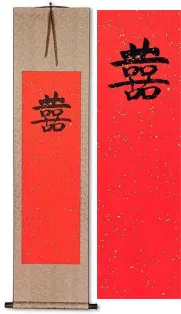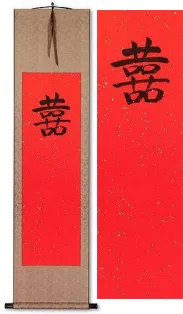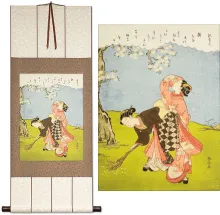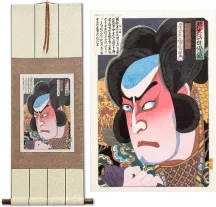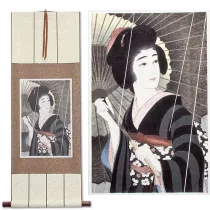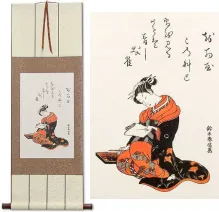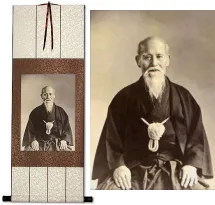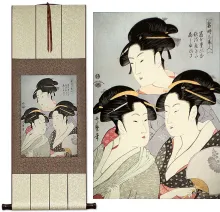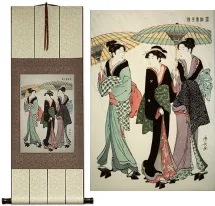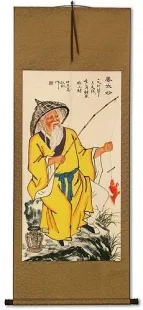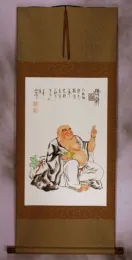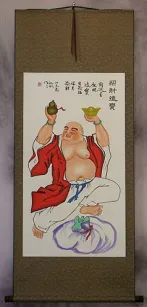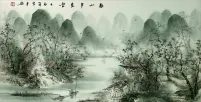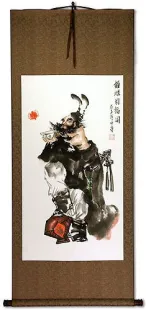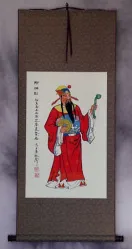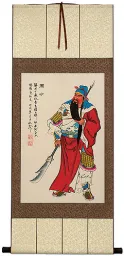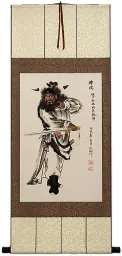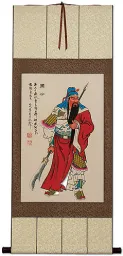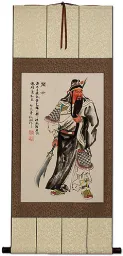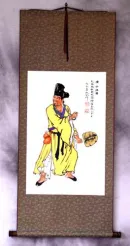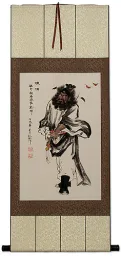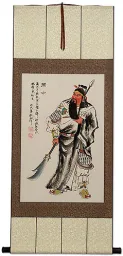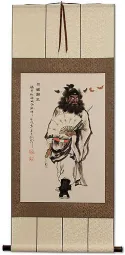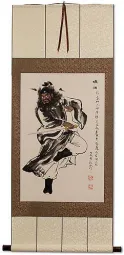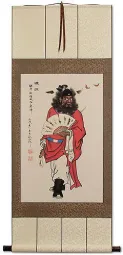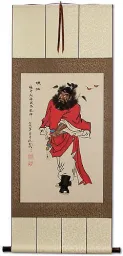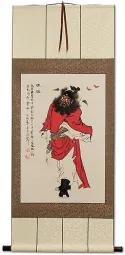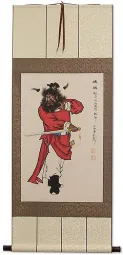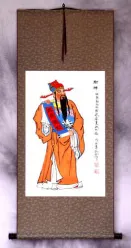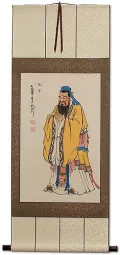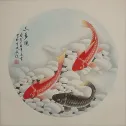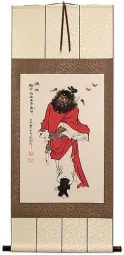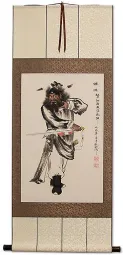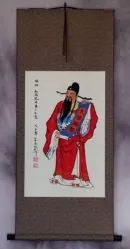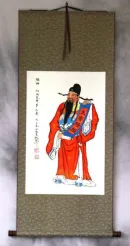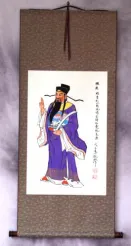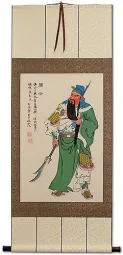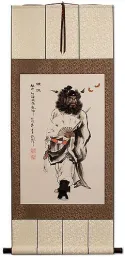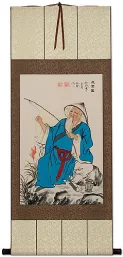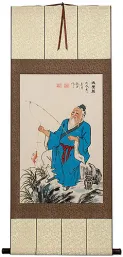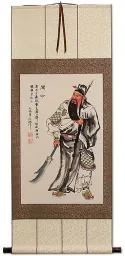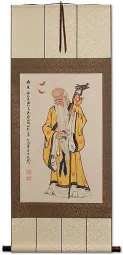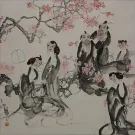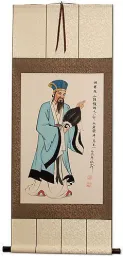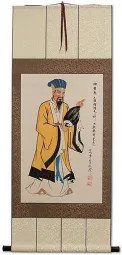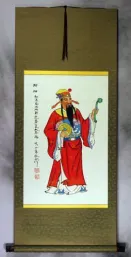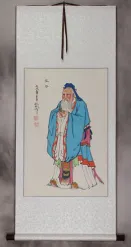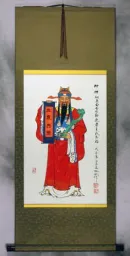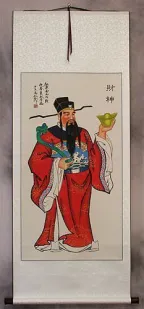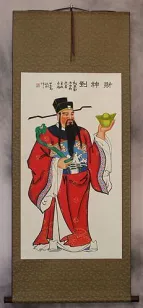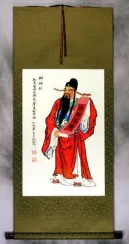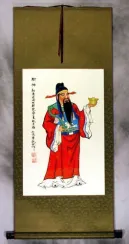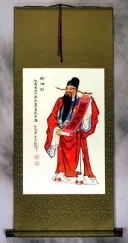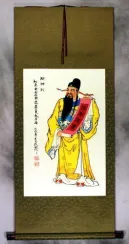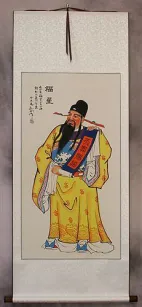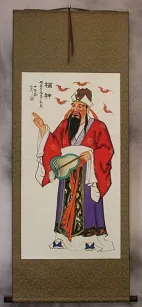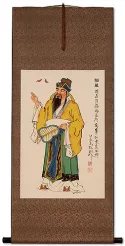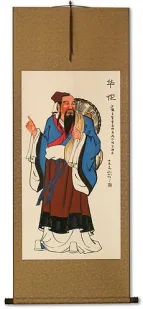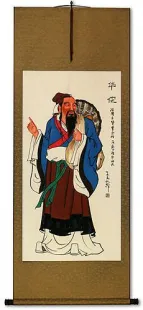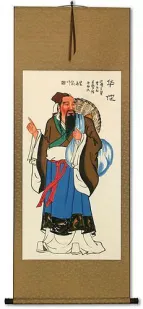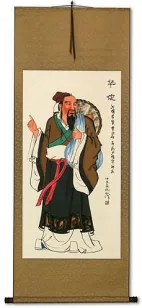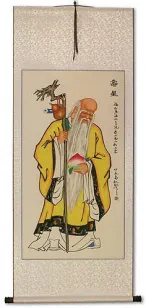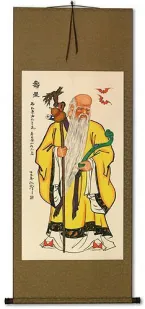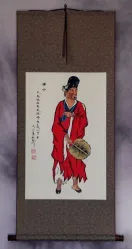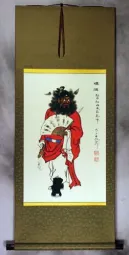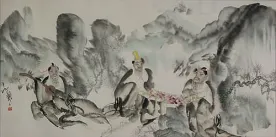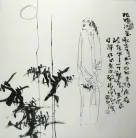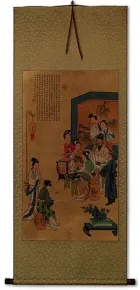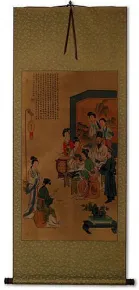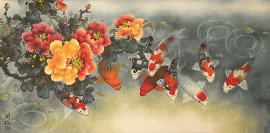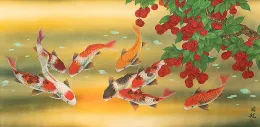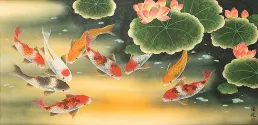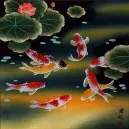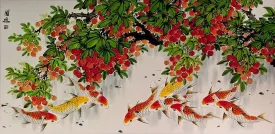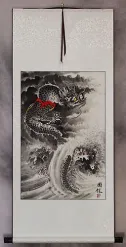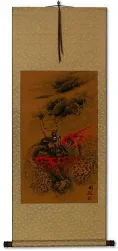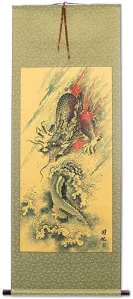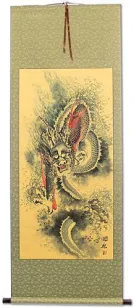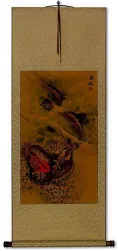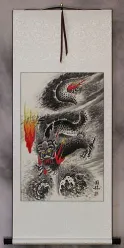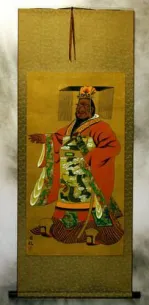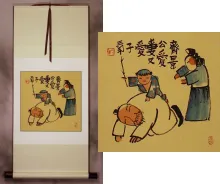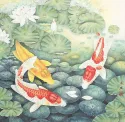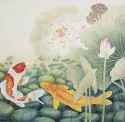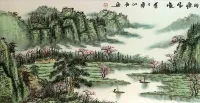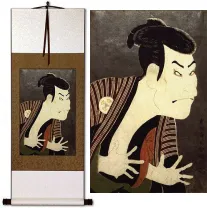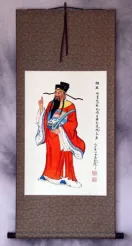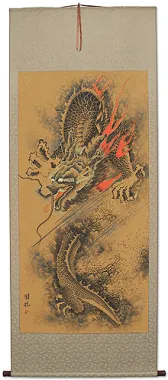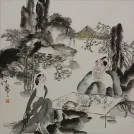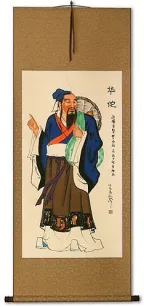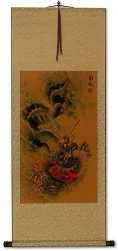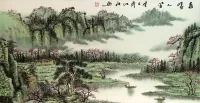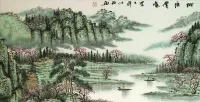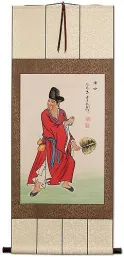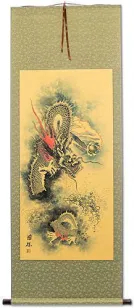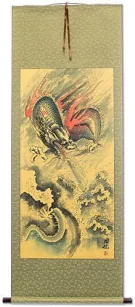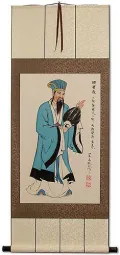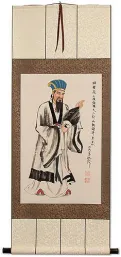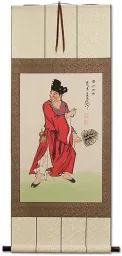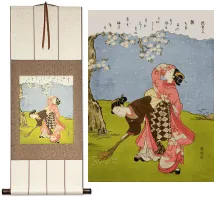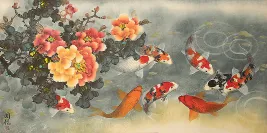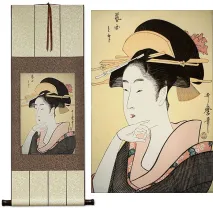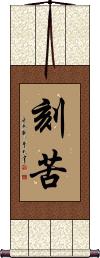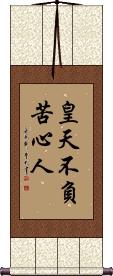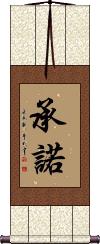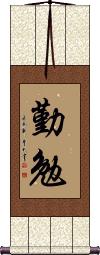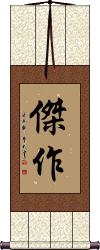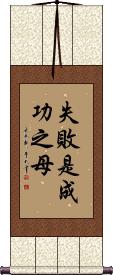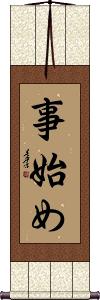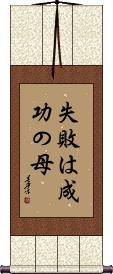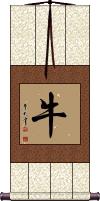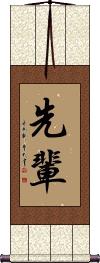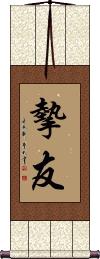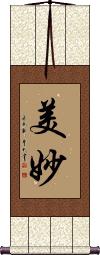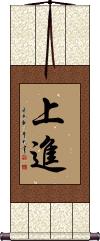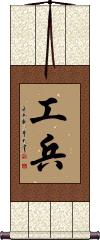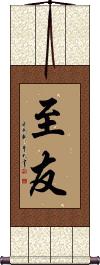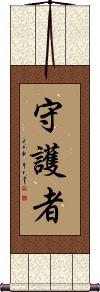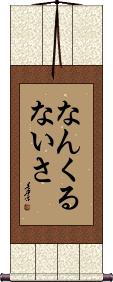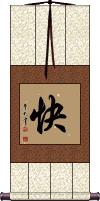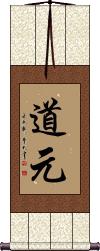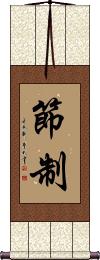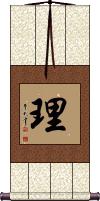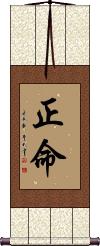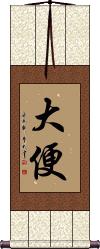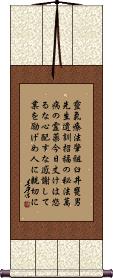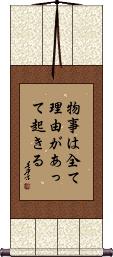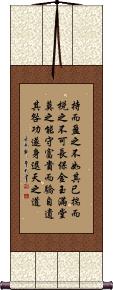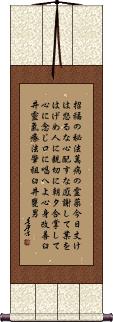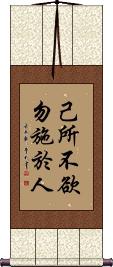Your search for Work found 197 items
Search Results for Work
Starting at: $28.88
Gallery Price: $90.00
Your Price: $49.88
Gallery Price: $90.00
Your Price: $49.88
Gallery Price: $90.00
Your Price: $49.88
Gallery Price: $240.00
Your Price: $148.88
Gallery Price: $115.00
Your Price: $63.88
Gallery Price: $108.00
Your Price: $59.88
Gallery Price: $99.00
Your Price: $54.88
Gallery Price: $108.00
Your Price: $59.88
Gallery Price: $108.00
Your Price: $59.88
Gallery Price: $63.00
Your Price: $34.88
Gallery Price: $72.00
Your Price: $39.88
Gallery Price: $63.00
Your Price: $34.88
Gallery Price: $72.00
Your Price: $39.88
Gallery Price: $72.00
Your Price: $39.88
Gallery Price: $72.00
Your Price: $39.88
Gallery Price: $108.00
Your Price: $59.88
Gallery Price: $108.00
Your Price: $59.88
Gallery Price: $31.00
Your Price: $16.88
Gallery Price: $72.00
Your Price: $39.88
Gallery Price: $72.00
Your Price: $39.88
Gallery Price: $90.00
Your Price: $49.88
Zhong Kui Ghost Warrior
Large Wall Scroll
Discounted Blemished
Gallery Price: $65.00
Your Price: $36.00
God Of Money & Prosperity
Cai Shen
Chinese Scroll
Discounted Blemished
Gallery Price: $120.00
Your Price: $45.00
Chinese Mountain Cliff Village Landscape Painting
Discounted Blemished
Gallery Price: $38.00
Your Price: $21.00
Chinese Mountain Cliff Village Boat and Bridge Landscape Painting
Discounted Blemished
Gallery Price: $38.00
Your Price: $21.00
Guan Gong Warrior Philosopher Wall Scroll
Discounted Blemished
Gallery Price: $63.00
Your Price: $35.00
Zhong Kui Ghost Warrior Of China Wall Scroll
Discounted Blemished
Gallery Price: $53.00
Your Price: $29.00
Gallery Price: $54.00
Your Price: $30.00
Gallery Price: $54.00
Your Price: $30.00
Gallery Price: $178.00
Your Price: $98.88
Zhuge Liang
Great Philosopher & Tactician Wall Scroll
Discounted Blemished
Gallery Price: $71.00
Your Price: $39.00
Gallery Price: $101.00
Your Price: $55.88
Gallery Price: $71.00
Your Price: $39.00
Gallery Price: $120.00
Your Price: $59.88
Gallery Price: $200.00
Your Price: $79.88
Gallery Price: $200.00
Your Price: $79.88
Gallery Price: $200.00
Your Price: $79.88
Gallery Price: $200.00
Your Price: $79.88
Gallery Price: $200.00
Your Price: $79.88
Gallery Price: $520.00
Your Price: $288.88
Gallery Price: $500.00
Your Price: $248.88
Gallery Price: $450.00
Your Price: $248.88
Gallery Price: $144.00
Your Price: $79.88
Gallery Price: $61.00
Your Price: $33.88
Gallery Price: $61.00
Your Price: $33.88
Gallery Price: $61.00
Your Price: $33.88
Gallery Price: $72.00
Your Price: $39.88
Gallery Price: $63.00
Your Price: $34.88
Gallery Price: $448.00
Your Price: $248.88
Gallery Price: $400.00
Your Price: $138.88
Gallery Price: $90.00
Your Price: $49.88
Gallery Price: $240.00
Your Price: $138.88
Gallery Price: $178.00
Your Price: $98.88
Gallery Price: $200.00
Your Price: $79.88
Gallery Price: $400.00
Your Price: $138.88
Gallery Price: $400.00
Your Price: $138.88
Gallery Price: $240.00
Your Price: $138.88
Gallery Price: $240.00
Your Price: $138.88
Gallery Price: $63.00
Your Price: $35.00
Gallery Price: $71.00
Your Price: $39.00
Ji Gong
The Mad Monk Of China
Wall Scroll
Discounted Blemished
Gallery Price: $63.00
Your Price: $35.00
Gallery Price: $108.00
Your Price: $59.88
Gallery Price: $108.00
Your Price: $59.88
Gallery Price: $268.00
Your Price: $148.88
Work
Custom Work Calligraphy Scrolls...
There are 48 Work titles can be completely customized and delivered in several weeks. Prices vary widely depending on the calligrapher and other custom options you chose.
Work Together with One Heart
齊心協力 is a Chinese proverb that means “to work with a common purpose,” “to make concerted efforts,” “to pull together,”...
Typical price range:
$51.88 - $90.88
Typical price range:
$43.88 - $82.88
Heaven Rewards Hard Work
皇天不负苦心人 is an inspirational Chinese proverb that can be translated in a few ways:
Heaven will not disappoint the person...
Typical price range:
$59.88 - $98.88
Use Hard Work to Overcome Adversity
刻苦耐勞 is a Chinese proverb that suggests that you should always bear hardships and work hard.
Typical price range:
$51.88 - $90.88
Work Together with One Mind
一味同心 is a Japanese phrase that refers to people working together with one mind.
Typical price range:
$51.88 - $90.88
Work Unselfishly for the Common Good
克己奉公 is a Chinese proverb that is often used to express how one should act as a government official.
Typical price range:
$51.88 - $90.88
Working Together as One / Cooperation
同心協力 is a Chinese proverb that means “to work with a common purpose,” “to make concerted efforts,” “to pull...
Typical price range:
$51.88 - $90.88
Industrious / Hard Working
愛崗敬業 is used to refer to someone who puts forth maximum effort and achieves much.
Typical price range:
$51.88 - $90.88
Typical price range:
$51.88 - $90.88
Commitment
承諾 embodies the idea of commitment but also means to make a big effort or to undertake a great task.
Typical price range:
$43.88 - $82.88
Diligence
勤勉 can be translated as diligence, industrious, assiduity, assiduous, diligent, or sedulity.
Typical price range:
$43.88 - $82.88
Typical price range:
$51.88 - $90.88
Unselfish: Perfectly Impartial
大公無私 is a Chinese proverb that comes from an old story from some time before 476 BC.
Typical price range:
$51.88 - $90.88
Impartial and Fair to the Brotherhood and Sisterhood of the World
一視同仁 is how to write “universal benevolence.
Typical price range:
$51.88 - $90.88
Typical price range:
$43.88 - $82.88
Rise Up with Thrift and Diligence
勤儉起家 is a Chinese proverb that suggests you begin to rise up by thrift and hard work.
Typical price range:
$51.88 - $90.88
Failure is the Mother of Success
失败是成功之母 is a Chinese and Korean proverb that means “Every failure that you experience is a chance to learn from it...
Typical price range:
$59.88 - $98.88
New Beginning
事始め is a Japanese word that means taking up a new line of work or the beginning of new things.
Typical price range:
$47.88 - $86.88
Typical price range:
$59.88 - $98.88
Heaven Blesses the Diligent
天道酬勤 can be interpreted in a few different ways:
God blesses those who work hard.
Typical price range:
$51.88 - $90.88
Ox / Bull / Cow
牛 is the character for bull, cow, ox, or bovine creature in Chinese, old Korean, and Japanese.
Typical price range:
$39.88 - $78.88
Senpai / The Elder or Master
先輩 is a Chinese, Japanese, and old Korean word or title that means elders, senior (at work or school), superior, older graduate,...
Typical price range:
$43.88 - $82.88
Typical price range:
$67.88 - $106.88
Most Sincere Friend / Honest Friend / Real Friend / Best Friend
摯友 is one way to say best friend in Chinese.
Typical price range:
$43.88 - $82.88
Elegant / Exquisite / Grace
Beyond elegant and exquisite elegance, 美妙 is also the word used to say “beautiful” or “marvelous” when referring to a work of...
Typical price range:
$43.88 - $82.88
Ambitious / To Improve Oneself
上進 is a Chinese and Japanese Kanji word that means to advance, to make progress, to do better, to be ambitious, to improve oneself,...
Typical price range:
$43.88 - $82.88
Military Engineering
工兵 means the “engineering corps” of the army or other branches of the military.
Typical price range:
$43.88 - $82.88
Typical price range:
$43.88 - $82.88
Typical price range:
$51.88 - $90.88
Protector
守護者 is a Chinese, Japanese Kanji, and old Korean Hanja title for a protector, watcher, or keeper.
Typical price range:
$47.88 - $86.88
Carry On, Undaunted
前赴後繼 is a Chinese proverb that figuratively means “to advance dauntlessly in wave upon wave.
Typical price range:
$51.88 - $90.88
Nankurunaisa
なんくるないさ or Nankurunaisa means “Everything will be all right” and/or “It will all work out one way or another.
Typical price range:
$59.88 - $98.88
Typical price range:
$39.88 - $78.88
Dogen
Usually, when people are looking for 道元 or “Dogen,” they are referring to the Japanese Zen monk by this name.
Typical price range:
$43.88 - $82.88
Moderation / Temperance
節制 means moderation or temperance in Chinese, Japanese Kanji, and old Korean Hanja.
Typical price range:
$43.88 - $82.88
Typical price range:
$39.88 - $78.88
Typical price range:
$47.88 - $86.88
Typical price range:
$51.88 - $90.88
5. Right Living / Right Livelihood / Perfect Livelihood
正命 (right living) is one of the Noble Eightfold Paths of Buddhism.
Typical price range:
$43.88 - $82.88
Shit / Defecate / Excrement / Feces / Poop
Seems a lot of you want to know how to write “shit” in Chinese, Japanese Kanji, and old Korean Hanja.
Typical price range:
$43.88 - $82.88
Typical price range:
$77.88 - $116.88
The Great Path has No Gate
大道無門 is a Buddhist proverb that means “The Great Way has no entrance,” “The Great Way is gateless,” or “The Great Path...
Typical price range:
$51.88 - $90.88
Typical price range:
$61.88 - $100.88
Daodejing / Tao Te Ching - Chapter 9
This text is the ninth chapter of the Daodejing / Tao Te Ching.
Typical price range:
$71.88 - $110.88
Typical price range:
$83.88 - $122.88
Confucius: Golden Rule / Ethic of Reciprocity
Some may think of this as a “Christian trait,” but actually, it transcends many religions.
Typical price range:
$59.88 - $98.88
Diligent Study Proverb
鑿壁偷光 is a Chinese proverb that means “Bore a hole in the wall to make use of the neighbor's light to study.
Typical price range:
$51.88 - $90.88
Typical price range:
$51.88 - $90.88
